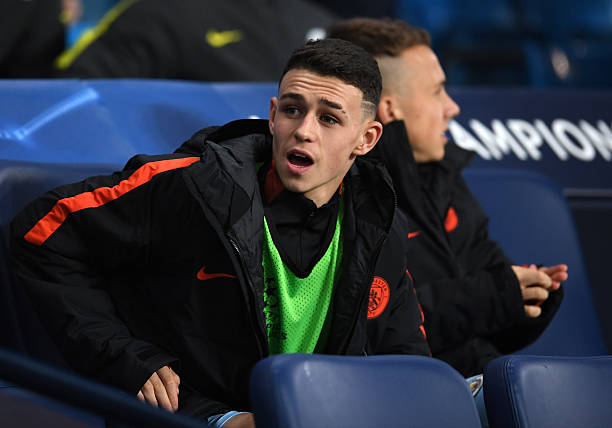
Introduction The English football academy system plays a pivotal role in nurturing young talents and shaping the future of the sport. With renowned clubs like Manchester United, Chelsea, and Arsenal investing heavily in their academies, the system has become a global model for player development. This article offers an in-depth exploration of how young players are trained within the English football academy system, detailing the stages, methodologies, and philosophies that guide their journey to professional football.
Understanding the English Football Academy System
The English football academy system is designed to identify, nurture, and develop talented players from a young age. It operates under the Elite Player Performance Plan (EPPP), introduced by the Premier League in 2012. The EPPP aims to increase the number of homegrown players progressing to professional teams by providing world-class coaching, facilities, and support.

The Academy Categories Explained Academies in England are categorized into four levels:
- Category 1: The highest standard, offering top-tier facilities, extensive coaching programs, and competitive fixtures. Examples include Manchester City and Liverpool.
- Category 2: Focuses on high-level development but with fewer resources than Category 1.
- Category 3: Primarily serves regional talent with a more localized training program.
- Category 4: Dedicated to players aged 16 and above, focusing on late-stage development.
Stages of Development in Football Academies
- Foundation Phase (Ages 5-11): Focuses on developing fundamental skills, including ball control, passing, and teamwork through fun, small-sided games.
- Youth Development Phase (Ages 12-16): Emphasizes technical and tactical growth, with players participating in competitive leagues and receiving position-specific training.
- Professional Development Phase (Ages 17-21): Sharpens advanced skills, match awareness, and physical conditioning, with players often training alongside senior squads.
Training Methods and Techniques English football academies use modern training techniques, including:
- Tactical Drills: Developing game intelligence and decision-making.
- Technical Skills Training: Enhancing ball control, passing accuracy, and shooting techniques.
- Sports Science Integration: Using technology for performance analysis and injury prevention.
- Psychological Coaching: Building mental resilience and a winning mindset.

The Role of Coaches and Mentors Experienced coaches play a vital role in shaping young players’ careers. They not only provide technical and tactical guidance but also mentor players on discipline, teamwork, and leadership. Additionally, former professional players often share their experiences, helping young talents understand the demands of a professional career.
Academy Life: Education and Lifestyle Balance Football academies prioritize a balance between sports and academics. Players attend regular school sessions alongside their training. Partnerships with local schools and dedicated tutors ensure that players can pursue education without compromising their football development.
Challenges Faced by Young Players Despite the opportunities, young players face several challenges, such as:
- High Competition: Thousands of players compete for limited professional contracts.
- Injuries: Physical setbacks can derail promising careers.
- Mental Pressure: The intense expectations can affect mental health.
- Transition to Senior Football: Adapting to the physicality and pace of professional leagues can be difficult.
SUGGESTED FOR YOU
The History of English Football Most Expensive Transfers : A Deep Dive into Record-Breaking Signings
Success Stories from the English Academy System Many football stars have emerged from the English academy system, including:
- Marcus Rashford (Manchester United): Progressed through all academy levels before becoming a first-team star.
- Trent Alexander-Arnold (Liverpool): Developed under Liverpool’s youth system, now a key player for club and country.
- Mason Mount (Chelsea): A product of Chelsea’s academy, contributing significantly to their recent successes.
CHECK OUT TOP 3 FREE BETTING PREDICTION SITES
Accuratepredict.com Soccerpredictions.net Betloy.com
Conclusion The English football academy system is a cornerstone of talent development in the sport, blending rigorous training with holistic personal development. It provides young players with the tools and opportunities needed to reach their full potential. By understanding the structure, methodologies, and challenges within the academy system, aspiring players and their families can better navigate the path to professional football.









